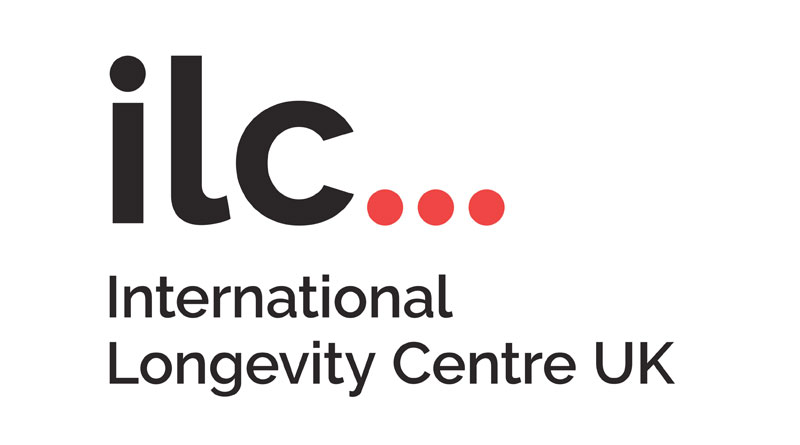Urgent Paradigm Shift From Lifespan To ‘Health Span’ Needed in the UK
A new briefing from the ILC, the UK’s leading authority on longevity, argues that UK policymakers need to urgently shift from a focus on lifespan to extending ‘health span’, ensuring that longer lives are healthy and productive.
Recent decades have seen life expectancy in the UK increase, but the quality of those extra years is deteriorating as we face an escalation in preventable health conditions. There’s at least an 18-year difference in healthy life expectancy between the least and most deprived areas of the country, and in areas like North-East Lincolnshire healthy life expectancy has dropped by an average of 7 years over the last decade alone. This downward trend pre-dates the pandemic.
Latest labour market statistics show two in five adults are economically inactive – 2.6 million of these due to long-term sickness, and their numbers have risen by over half a million since 2019.
The “Healthier for longer?” briefing, published today by the ILC and supported by Aviva, highlights how poor physical and mental health – and health inequalities – are harming the UK’s economy. It finds that the UK economy loses out on at least £27 billion a year in productivity among people aged 50-64 too sick to work due to largely preventable conditions.
Unhealthy nations are less able to capitalise on the opportunities of ageing. ILC’s previous work shows that spending just 0.1 percentage points more on preventing ill-health can unlock an extra 9% of spending per year by older households and 10 extra hours of volunteering.
The COVID-19 pandemic saw a brief injection of money into prevention – with the proportion of health spending on “preventative care” increasing from 4.4% in 2019 to 14.1% in 2021. However, the long-term trend is towards reductions in preventative spend, with substantial reductions in public health grant allocations to local authorities, leading to cuts to preventative services like smoking cessation.
David Sinclair, Chief Executive at the International Longevity Centre UK said:
“For too long politicians have run scared of getting serious on prevention, for fear of the ‘nanny state’ label. But all the evidence shows us that public health measures, and preventative medicines work. I’m all for the ‘nanny state’ if it means we can live well for longer.
“Any government that is serious about reaping the rewards of an ageing society needs to invest in preventative interventions that work – helping people to take more exercise and eat better, keeping people connected and supported, including at work, and banning the things that make us sick.
“Raising the smoking age is a welcome step but must be accompanied by further measures to help people stop smoking and prevent them from starting in the first place. In general, public policy on prevention needs to be bolder and broader.”






